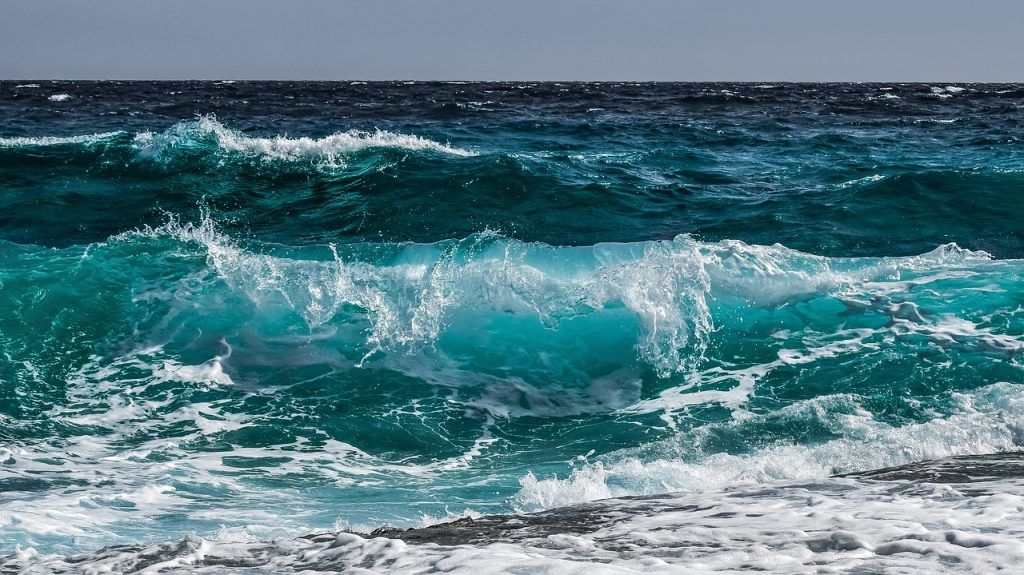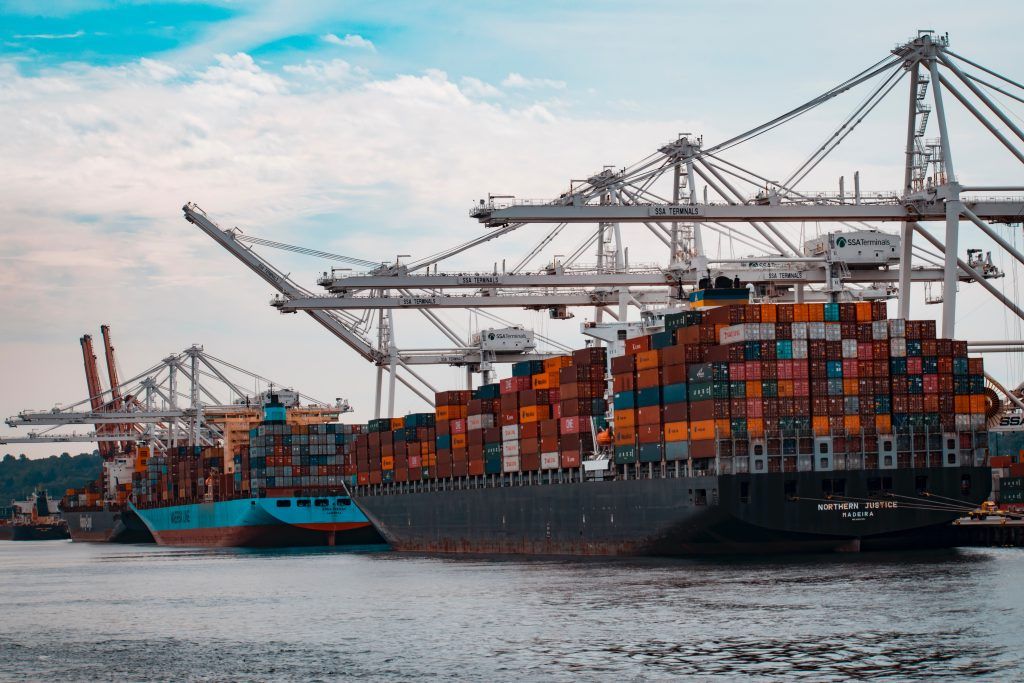Parliament and Council reached a deal on cleaner maritime fuels, asking to cut ship emissions by 2% as of 2025 and by 80% as of 2050, to help the EU become climate neutral.
A provisional agreement reached on early Thursday morning between the European Parliament and Council negotiators sets up a fuel standard for ships to steer the EU maritime sector towards the uptake of renewable and low-carbon fuels and decarbonisation.
Cutting maritime emissions
During the talks, MEPs succeeded in ensuring that ships will have to gradually reduce greenhouse gas (GHG) emissions by cutting the amount of GHG in the energy they use (below 2020 level of 91.16 grams of CO2 per MJ) by 2% as of 2025, 6% as of 2030, 14,5% as of 2035, 31% as of 2040, 62% as of 2045 and 80% as of 2050. This would apply to ships above a gross tonnage of 5000, which are in principle responsible for 90% of CO2 emissions, and to all energy used on board in or between EU ports, as well as to 50% of energy used on voyages where the departure or arrival port is outside of the EU or in EU outermost regions.
MEPs also ensured that the Commission will review the rules by 2028 to decide whether to extend emission-cutting requirements to smaller ships or to increase the share of the energy used by ships coming from non-EU countries.

EU announces €816.5 million worth of commitments to protect the ocean
|
Thanks to MEPs, the deal gives more credits, as an incentive, in the form of offsetting emissions to those ship owners who use renewable fuels of non-biological origin (RFNBO) from 2025 to 2034. The deal also set a 2% renewable fuels usage target as of 2034 if the Commission reports that in 2030 RFNBO amount to less than 1% in fuel mix.
Plugging ships to on shore power supply
According to the preliminary agreement, containerships and passenger ships will be obliged to use on-shore power supply for all electricity needs while moored at the quayside in major EU ports as of 2030. It will also apply to the rest of EU ports as of 2035, if these ports have an on-shore power supply. This should significantly reduce air pollution in ports.
Certain exemptions, such as staying at port for less than two hours, using own zero-emission technology or making a port call due to unforeseen circumstances or emergencies, will apply.
More information: European Parliament







Leave a Reply